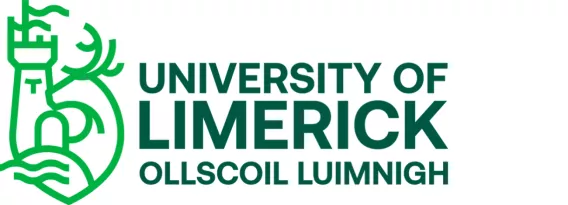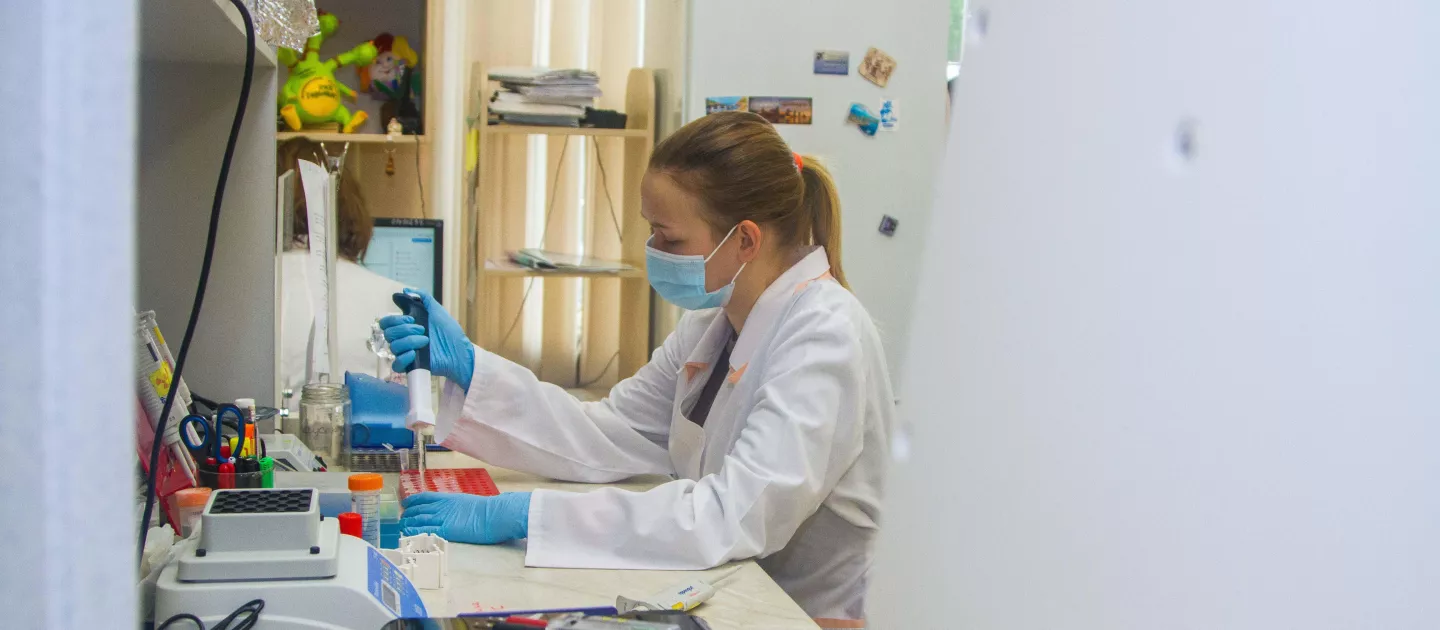
OXI-SMART assembles a world-class group of Ireland and Northern Ireland (NI) based scientists to take advantage of recent breakthroughs in the area of photonic sensor technology for critical cancer diagnosis.
The project draws on the complementary skill areas of Optical Fibre Sensors and instrumentation (University of Limerick Partner) and Radio Biology (Queen’s University Belfast Partner).
University of Limerick
University of Limerick (UL) with over 13,000 students and 1,300 staff is an energetic and enterprising institution with a proud record of innovation and excellence in education, research and scholarship. The dynamic, entrepreneurial values which drive UL’s mission and strategy ensure that we capitalise on local, national and international engagement and connectivity.
Research at UL is renowned for its close alignment to real world problems and the university has an enviable reputation in fundamental research, which can have real impact on society and the economy alike. This strong focus allowed UL to gain a five star rating for innovation and excellence from QS, the international ranking body.

This close alignment has also allowed UL to successfully compete for and win the right to host 5 national centres of excellence, all of whom have significant industry involvement, and aim to tackle real-world issues. UL has a strong international reach and Involvement in the European Framework actions from FP2 to FP7, and current involvement in Horizon 2020 has grown UL’s international network of collaborators.
The project will be hosted by Optical Fibre Sensors Research Centre (OFSRC), one of nine research centres within the Electronic & Computer Engineering Department, College of Science and Engineering.
Established in 1997 by Director Professor Elfed Lewis, the OFSRC has been engaged in numerous national, European funded and industry-collaborative projects in the general area of optical sensors for environmental, medical and industrial process monitoring.
The Optical Fibre Sensors Research Centre currently occupies a laboratory which is 75m2 in the area and has extensive optical test and calibration equipment including fusion splicer, optical attenuation test, OTDR, spectrometer, and stabilised sources.
Queen’s University Belfast
Queen’s University Belfast (QUB) is a member of the Russell Group of the top 24 research active universities in the UK and has over 25,000 full and part time students. The Patrick G Johnston Centre for Cancer Research (formerly CCRCB) is the beating heart of a comprehensive cancer research programme in Belfast, focused on accelerating the delivery of scientific discovery to clinical application. PGJCCR is the research hub of the Belfast ECMC and the Belfast Experimental Cancer Medicine Centre (ECMC), operating in partnership with the Belfast Health and Social Care Trust.
Their integrated clinical and scientific programmes address clinically unmet needs. Their principal objective is to promote evidence-based, innovative clinical trials in order to underpin improved patient outcomes in high incidence solid tumours of Gastro-Intestinal, Prostatic, Breast and Ovarian origin, and in specific Blood Cancers. Their unifying research theme is to develop translational outputs, in the form of biomarkers and/or novel therapeutic strategies that enable the Centre to be at the forefront of personalised cancer medicine in these prevalent diseases.



